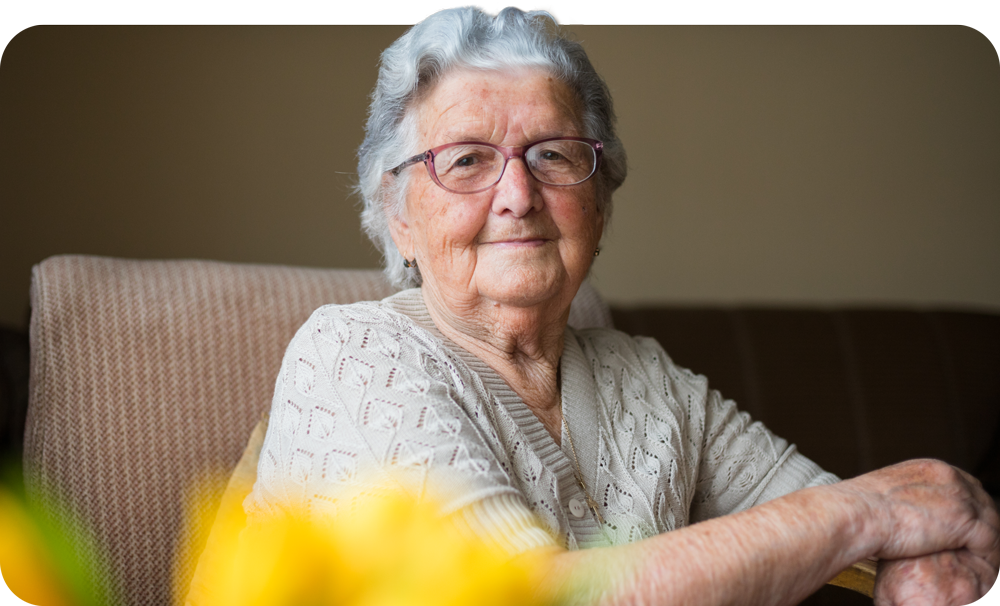Older people and domestic abuse
Recognise the signs of an unhealthy relationship and what you can do to get help

Older people are particularly vulnerable to domestic abuse, often unaware that help is available. Fear and long-term health conditions can be major barriers to seeking and getting help.
About
Sometimes spotting and challenging abuse in the elderly can be difficult and domestic abuse can be masked with professionals only seeing presenting issues as instead being an age-related condition. For example, bruising linked to medication or an ailment, when instead it’s physical abuse, or depression and confusion, instead actually being a sign of psychological or emotional abuse or coercive control
As per the Safe Later Lives: Older people and domestic abuse report by Safe Lives, victims aged 61 and over are much more likely to experience abuse from an adult family member or current intimate partner than those 60 and under.
On average, older victims experience abuse for twice as long before seeking help as those aged under 61 and nearly half have a disability. Older victims are less likely to attempt to leave their perpetrator in the year before accessing help and more likely to be living with the perpetrator after getting support.
The report also claims that older people are statistically more likely to suffer from health problems, reduced mobility or other disabilities, which can exacerbate their vulnerability to harm. Another common barrier is generational attitudes about abuse that leads to older victims being far less likely to identify their situation as abuse.
Find out how we can help you and how you can get in touch.
Myths and misconceptions about domestic abuse
Domestic and sexual abuse happens less among older people
Recognising that something is not right in the relationship with a relative or partner, and it maybe domestic abuse is an important step. The best way to get specialist support and advice. Domestic abuse is never acceptable. You do not have to put up with it, and there is help available for you to live free from abuse and fear.
When someone has dementia, you cannot trust what they say about abuse
Read more on the Alzheimer’s Society website
Bruises happen all the time because of age-related conditions, there’s no need to ask more questions
Are older people more at high risk of coercive control?
Domestic abuse only occurs in impoverished, inner-city areas
Domestic abuse always involves physical or sexual violence
Other abusive behaviours include:
- Coercive control
- Psychological abuse
- Financial or economic control
- Emotional abuse
- Harassment
- Stalking
- Online or digital abuse
Short free online awareness courses are available to help you understand more about domestic abuse.
Only women experience domestic abuse
Domestic abuse is a rare occurrence
Domestic abuse is often a one-off incident
People experiencing abuse often provoke assaults and therefore “ask for it”
Domestic abuse is a private matter that others should not get involved in.
If you or someone you know is experiencing domestic abuse phone 0800 69 49 999.
In an emergency you should always dial 999, if you are unable to speak because you are worried you will be overheard you can press 55 and the operator will know that you need assistance.
More information
Directory of additional support services
Somerset Domestic Abuse Service is Somerset’s main specialist service which provides support to men, women and children who are affected by domestic abuse.
Find other local and national services that can provide you with extra support.
Contact us
Call us
8am to 8pm
7 days a week
0800 69 49 999
Emergencies
If you or someone you know is in immediate danger, please call the Police
